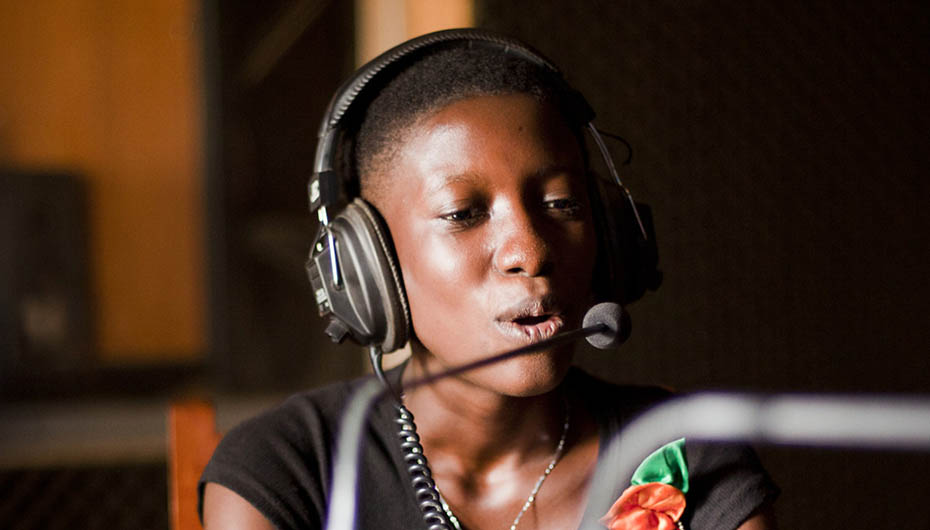Media Centre - Media release - 22 November 2018
Plan International concerned Federal Government won’t sign migration compact

Plan International expresses deep concern at the Federal Government’s announcement that it will not sign the United Nation’s Global Compact on Migration.
Australia is one of only a handful of countries refusing to sign on to the Compact, which is the first-ever UN global agreement on a common approach to international migration. The non-legally binding agreement was developed over 18-months, with rounds of consultation and negotiation that the Australian government took part in.
The world is currently witnessing the highest level of displacement on record, with 68.5 million people forced from home globally, according to UNHCR statistics. Among them are nearly 25.4 million refugees – over half of whom are under the age of 18.
Plan International CEO Susanne Legena said critical global issues like migration required international cooperation.
“We’re extremely concerned that the Federal Government’s approach is becoming increasingly isolationist and populist, as it steps away from international cooperation on important global issues such as migration,” said Ms Legena.
“Australia cannot simply side step its obligations to recognise the human rights of asylum seekers by isolating itself globally and failing to sign up to the Compact.”
“The Australian community will not stand by and allow the Federal Government to dodge its responsibilities to asylum seekers – the public’s overwhelming support to get innocent kids off Nauru shows that Australians expect more from their government.”
Ms Legena went on the say that Australia needed to work with the international community to solve global issues.
“Australia needs to work together with other nations and the international community to solve global issues like migration, and stop the suffering of the families and children who are caught up in these political games,” she said.
About Plan International
Plan International is an independent development and humanitarian organisation that advances children’s rights and equality for girls.
We believe in the power and potential of every child. But this is often suppressed by poverty, violence, exclusion and discrimination. And it’s girls who are most affected. Working together with children, young people, our supporters and partners, we strive for a just world, tackling the root causes of the challenges facing girls and all vulnerable children.
We support children’s rights from birth until they reach adulthood. And we enable children to prepare for – and respond to – crises and adversity. We drive changes in practice and policy at local, national and global levels using our reach, experience and knowledge.
We have been building powerful partnerships for children for over 75 years, and are now active in more than 70 countries.
Media contacts

